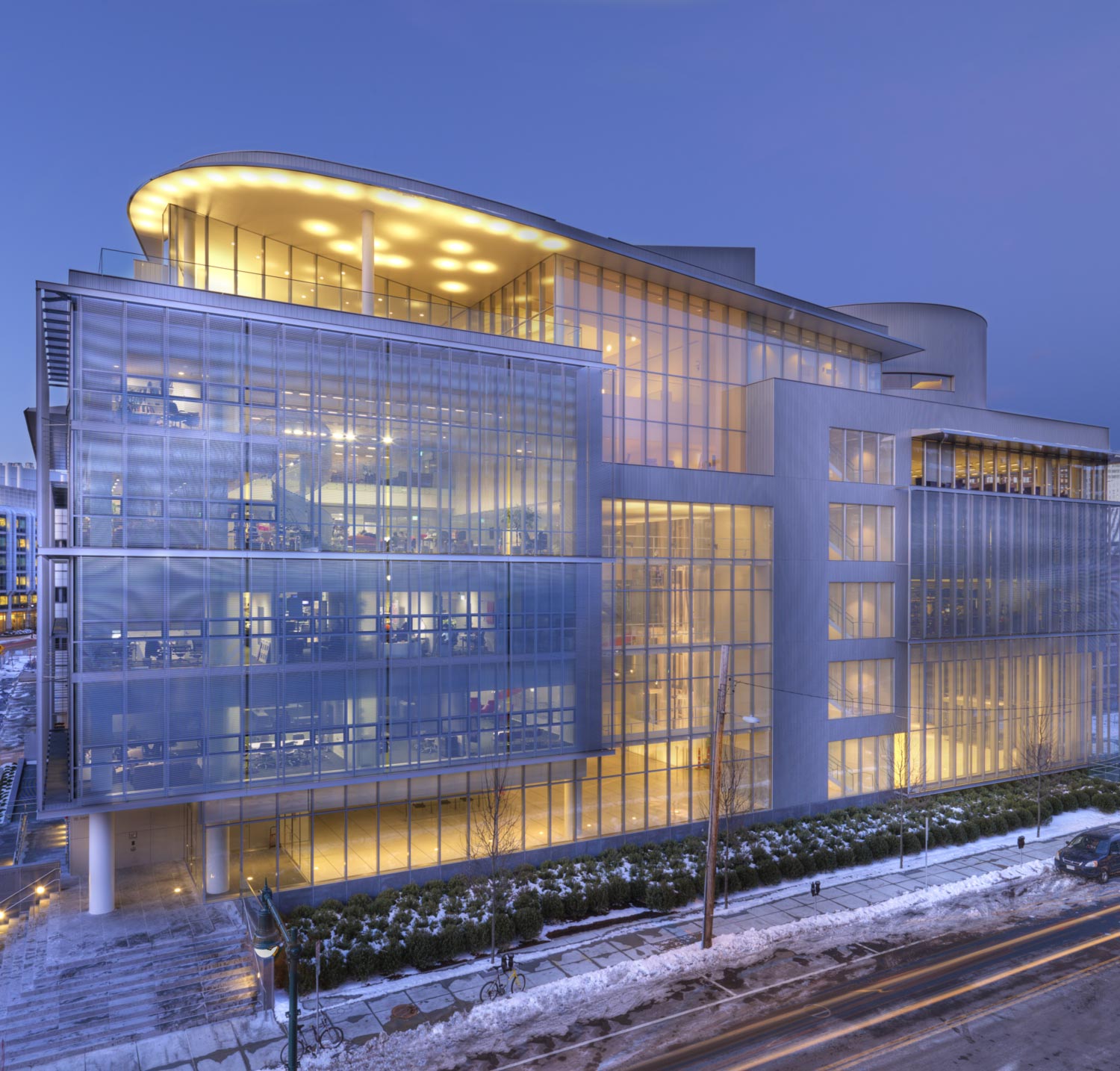Excerpts from President Reif's interview with GeekWire co-founder and editor Todd Bishop
Click here for the full podcast and here for President Reif's interview with GeekWire.
On the impact of technology on jobs (starts at 19:44)
We clearly want to advance the science and the technology, in this case. But we also want to advance the understanding of the impact of science and technology on society. In the case of automation, the impact is real, it has happened and will continue to happen. There is lots of talk about the future of work and I slightly disagree with that way of thinking. The future of work makes it sound like, “Will there be any work in the future? We’re going to be replaced by machines and they think the way we do,” and so forth. I look at it somewhat differently. I look at it more like: “The work of the future,” meaning there will be work, it just will look very different from today. And we need to prepare for that transition. We’re going to be announcing a companion study to IQ, which is going to focus on exactly this topic, the work of the future. It’s important for us to understand the different scenarios for the future and how to prepare our society and the new members of society to handle that transition.
On the power of AI to revolutionize scientific research (starts at 1:40)
It’s very clear that we have advanced those fields so much, that everything is moving in that direction. AI will be everywhere and will power everything. So, in talking to my colleagues at MIT, I learned not only that quite a few of them are working on understanding human intelligence — it’s the only model we have for intelligence that we can study from — and then many of my colleagues are using machine learning tools to advance their disciplines. But none of them are machine learning experts – they are electrical engineers or material scientists or climate action people – but they’re all using it because they need it to figure out all the massive information in the data they are dealing with.
So, clearly we needed to do a couple of things: really power the advance of human intelligence, so that we know what kind of new algorithms we can use in the future. Right now, all the machine learning algorithms we have and those tools are terrific, are very powerful, but are really based on fundamental ideas that we came up with — we collectively — decades ago. We just have to double down on that. We have to replenish the well of ideas on AI and actually replenish the well of talent on AI. So, one point was to advance human intelligence so that we learn how to come up with intelligent machines. That’s one part of [the MIT Intelligence Quest].
And then the other part is: Can we create an interface, a group of people who can figure out how to use those advanced tools and customize them to be used in biology, in medicine, in engineering and so forth. That’s the essence of it. I think the goal is, by doing it that way at MIT, we’re basically doing what society is going to be doing eventually sooner or later — and I think much more sooner than later — and we’re basically creating or educating the people that will power that kind of evolution.
…
It’s a new way of thinking. So, take science right now, whether it’s biology or physics or chemistry. The way we think today, we do one experiment at a time in which we work on a particular cell and understand that cell tremendously, or a molecule and understand it tremendously, or an atom. Machine learning tools allow us to do many experiments because we don’t have to worry about a very precise control of how a particular cell behaves and then do the next experiment because we learned something new. We can do a massive number of experiments with a massive number of variables, because we have the tools that can give us the information extracted. But how to design an experiment like that? That is basically a revolutionary way of thinking, of changing the way we think. What I’m trying to accomplish is just basically a paradigm shift in the pace of advancement of science by empowering them using this kind of new tool.
On the importance of competition and collaboration (starts at 16:03)
Competition makes sense. [The University of Washington] wants students, we want students. They want the best faculty, we want the best faculty. That’s a fair game. But when we come to looking at something like intelligence and how human intelligence works, that’s a big project and collaboration there is for the best. I applaud efforts like the Allen Institute, I applaud those kinds of activities, but in my view, those activities would work much, much better — and I’m sure the Allen Institute does locally — collaborating with universities.
…
A university is the only entity that changes its personnel 25 percent every year. A quarter of our people graduate and a quarter of our people come in new every year. People that are teaching them are forever young, the institution is forever young. There is no other institution in America — companies, whatever — in which the average age doesn’t go up. It always goes up. Universities’ average age stays the same. And that makes for a very refreshing environment in which new ideas are always there and old ideas are always challenged. So, that’s why universities are great to collaborate with not just with each other but with established institutions like the Allen Institute.


